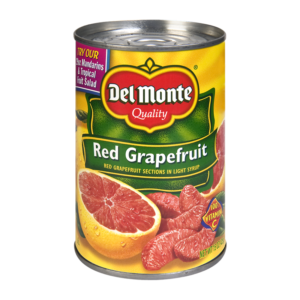The original DEL MONTE spun off its fresh food division in 1989, leaving FRESH DEL MONTE selling fresh fruits and DEL MONTE COPR (“DMC”) sell preserved fruits. DMC began selling packaged fruits that indicated they should be refrigerated. Fresh argued (successfully) that the agreement at the time of the spin-off reserved fro Fresh the right to sell refrigerated fruit, even if the fruit to be refrigerated was preserved. Fresh prevailed at trial that DMC’s refrigerated lines breached the contract, infringed trademark and furthermore, violated 43(a) as false advertising, as DMC’s labeling that the packaged fruit be refrigerated was unnecessary, and that DMC labeled as such to falsely suggest that the fruit was fresh.
This part of the decision from page 15, discussing whether fees should be awarded, caught my eye:
The evidence showed a deliberate effort to attach to DMC’s preserved refrigerated products an aura of freshness in consumers’ minds, and to minimize the reminders that the products were preserved. But the evidence did not suggest that DMC used the “Must be Refrigerated” labels and omitted the fact that certain products were pasteurized or contained preservatives in order to trick consumers into believing the products were made by Fresh. Indeed, there was no evidence at all that the average consumer even knows that there are two different companies using the same Del Monte name and trademark
True, DMC didn’t apparently want to ‘trick’ consumers into believing that the refrigerated fruit originated with Fresh. It did however want to ‘attach’ an ‘aura of freshness’ to refrigerated fruit and the jury found that this was actionable false advertising. This sounds like an intentional ‘trick’ to me.
fresh del monte v del monte
var docstoc_docid=”150816119″;var docstoc_title=”fresh del monte v del monte”;var docstoc_urltitle=”fresh del monte v del monte”;

